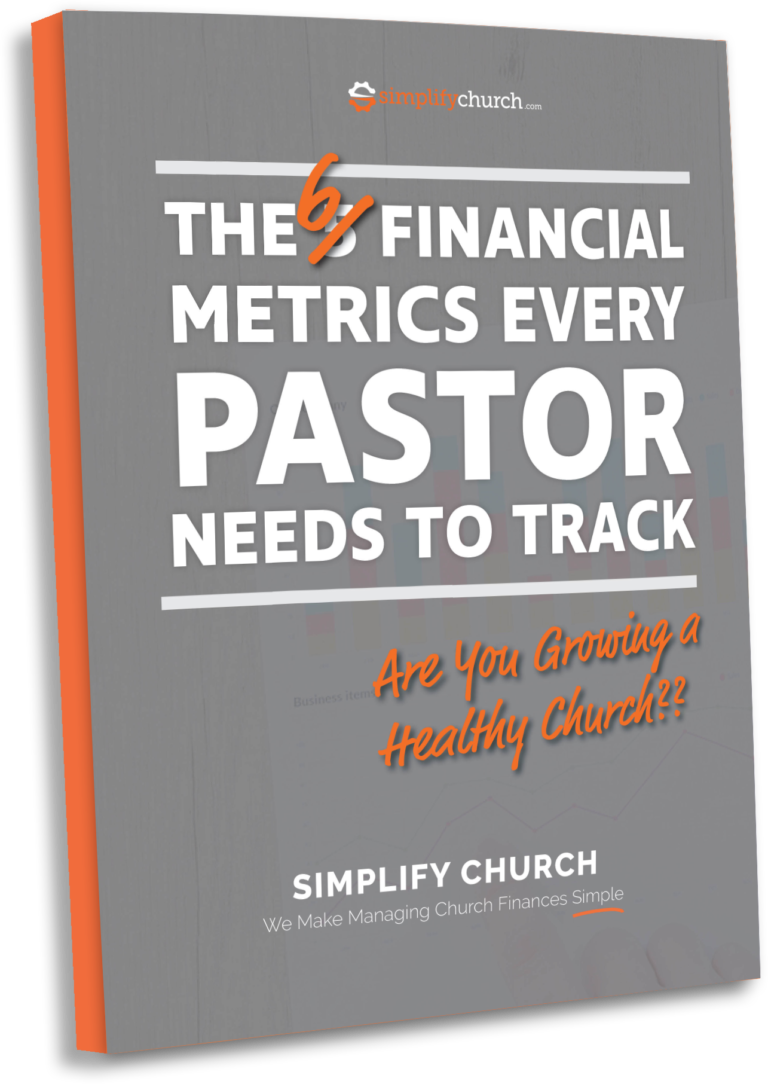If you’ve been around church long enough you’ve for sure heard about designated giving. Like many things it is one of those areas where hear-say and old stories have skewed how and why churches have designated gifts. If we’re not careful, we can run into many of the dangers of designated giving and it will distract us from our main mission, reaching the lost.
Similarly, many churches that have been around for any amount of time over a few years may have designated gifts that no one currently really knows what they are for.
While the IRS make it pretty clear how not for profits should handle designated gifts, and they also provide info on the types of designations gifts can have, we’ll focus more on the dangers designated giving can have for your church.
Now, before I get run out of town, there are some instances where designated giving is acceptable. After we talk about the dangers, we can discuss where it may be appropriate.
Designated Giving Danger #1
Your church can be designated broke!
There are types of designations that donors can place on their funds, but one thing remains the same, if the donor has designated their gift, it CANNOT be used for anything else.
You can see the danger here, if a donor designates money towards something; let’s say, flowers for the pulpit, and you have no desire to put flowers on the pulpit, then you’re kind of out of luck with that bank balance.
We have churches that have been around for a long time that have old designated funds where they’re not really sure what the original intent of the fund was. In some cases, the donors and people who set it up are either gone from the church or deceased, so there’s really no way to find out. In any case, that money is tied up by designation.
The only way to get designated money undesignated is by approval of the donor.
Designated Giving Danger #2
Your church is setup for ministry silos
Designated giving is also a killer of church unity.
When people are able to designate their giving, it opens the door for people to dictate their ideas through their giving.
Let’s say pastor that someone in the church gets upset with something you said or a way you handled a certain situation. It wasn’t bad enough for them to leave the church, but just out of spite, they’re going to show their dissatisfaction by donating their tithes now to the youth department.
While in some ways that may not seem bad, heck, the youth need money too, it still reveals a huge issue with church health.
If people can dictate through their giving, it’s a sign of an unhealthy church.
Designated Giving Danger #3
It can distract from your mission
As humans, it’s easy for us to get distracted by the shiny object syndrome.
In churches, the same thing occurs. We start with a defined mission and vision with a clear pathway. Over time, as things grow, more people get involved and we get busier that vision and path can get blurry and distracted.
Now throw new leaders into the mix that get going. Even the strongest leaders pointing the organization in the right direction can have trouble keeping everyone on the same path. As things keep moving along, distractions happen and side roads creep in.
Sometimes, these side roads seem harmless, just a short-term project but if not handled correctly these will distract from the main goal. Over time, these small distractions become bigger and cause confusion and lack of clarity for the organization.
How does designated giving relate here?
Simple, let’s say one of your leaders comes to you with a need in your community. At first that sounds great and probably something we should do. At first, it’s going great and as intended. However, over time, if not kept in check this little side project can get legs of its own and overwhelm your main mission and vision.
Designated Giving Danger #4
It creates unnecessary accounting complexity
This one may seem weird to say as a Church Bookkeeping and Accounting company but its reality. Designated giving sets your church up for undo complexity in your accounting. This also relates back to the previous point as the complexity increases, you can get distracted from your mission.
Churches really have two ways to manage designated funds, and both are fine to do. Some will keep the funds in one bank account and just account for the differences in their software while others create a completely separate bank account to keep the funds distinguished.
Either way is completely acceptable, but both have their inherent dangers.
The first is dangerous because if you have people doing Bank Balance Accounting, they may see the balance of the account and think the church is financially healthy. What they may not realize is that some of that money is tied up for a specific purpose (designation).
The second gets dangerous because now you are adding bank transfers into the mix. Money gets counted and deposited into one account and transferred, or it can get deposited into each. Either way, it gets more complex depending on your method for retrieving that money out of the account(s) to be used.
Here’s the reality.
Our mission is to reach our communities with the good news of Jesus. When we add complexity to secondary issues, it takes away bandwidth to focus on our primary mission.
As an outsourced church bookkeeping company, we’re happy to help manage designated funds, and be that partner, but we’ll also consult about these dangers. Personally, I have not found a reason making designated funds worth the hassle.
Here are a couple solutions for avoiding these dangers of designated giving.
The first will take some courage. The next time someone wants to give with a designation, kindly tell them that the church has a policy of not accepting designated gifts, but they are more than welcome to give to the general offering.
In many cases, you’ll find the donor has no issues with that. Sometimes, they’re giving to designated areas just because that’s what they’ve always done and no one has said anything different.
Secondly, adopt a Kingdom Funding Approach to your church’s budget.
In a Kingdom Funding Approach, you’re in many ways accomplishing the same things as you could with designated giving, but doing so in a healthy manner through good budgeting stewardship.
In KFA, you handle any designations through the budget process. If you want to start a building project, setup a line in your budget for that. If you want to give to missions, put it in the budget as either a percentage or set amount. If the church needs new windows or roof repair, you see where I’m going.
If your budget has proper allocations and is managed correctly, there will be no need for designated funds.
Designated funds are a big issue in many churches and getting away from them will not be an overnight process, especially in an established congregation that has become accustomed to them. However, your ministry will thrive by removing these dangers and unnecessary complexities.












